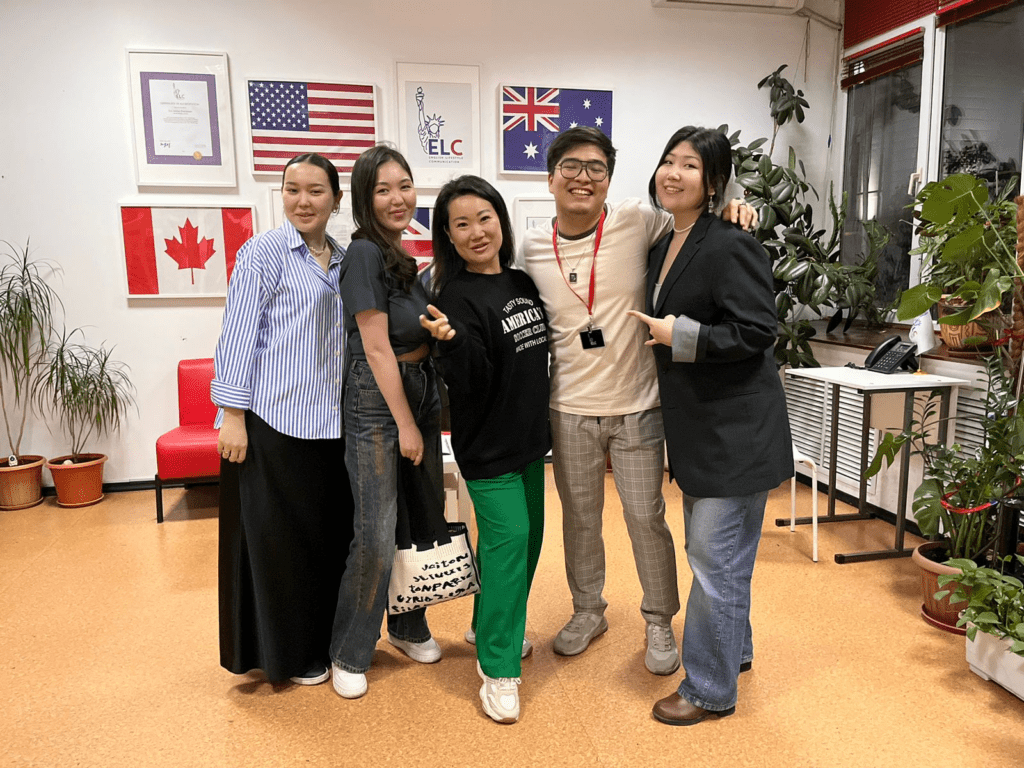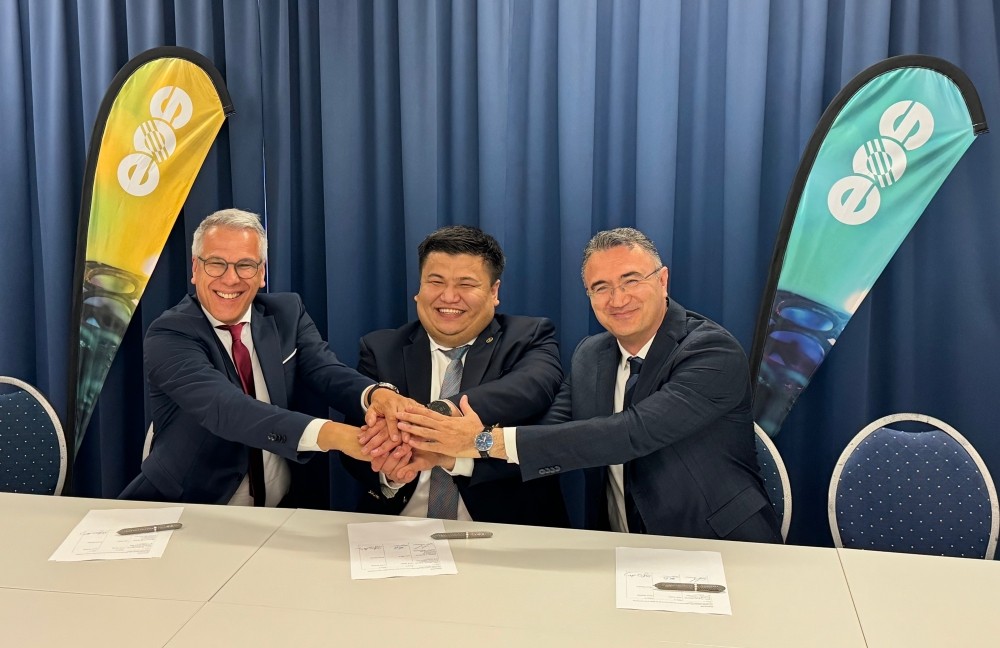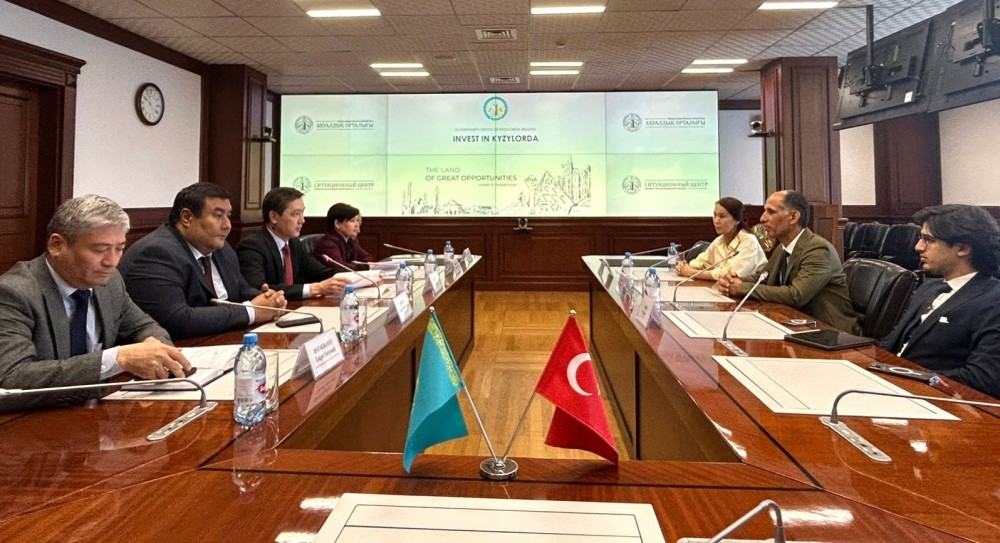Cleaning up the Samruk-Kazyna National Welfare Fund
In his efforts to transition Kazakhstan from previous president Nazarbayev’s era, President Kassym-Jomart Tokayev has centered his policy agenda on strengthening justice and eradicating kleptocracy in Kazakhstan. His presidential platform, known as “Just and Fair Kazakhstan,” remains a focal point in his addresses, which often emphasize dismantling systems that have facilitated kleptocracy in the country. Tokayev’s anti-corruption efforts aim to enhance transparency and combat corruption through retrieving stolen assets, implementing digital monitoring of public expenditures, mandating financial disclosures from officials, and reallocating confiscated funds to infrastructure projects. In its 2023 consultations, the IMF recognized these positive steps.
These initiatives, combined with a notable increase in the public’s trust in the anti-corruption agency from 30% in 2022 to 43% in 2023, reflect tangible progress in Kazakhstan’s fight against corruption. A 2024 report by Transparency International asserts that “President Tokayev has initiated a series of anti-corruption reforms, and Kazakhstan is currently in the process of implementing recommendations made by the Council of Europe’s Group of States against Corruption (GRECO) in its 2022 evaluation report.”
Critics claim, however, that the country’s administration has not gone far enough in combatting corruption and that the government still lacks transparency when it comes to the management of state assets. Recently, Eurasianet commented that “Kazakhstan shows improvement on graft, but [is] still struggling.” Radio Free Europe has further reported that high-profile Kazakhs were escaping prosecution.
Tokayev has been visibly distraught with the government’s progress to date on tackling corruption and has even made major leadership changes, including in the office of the General Prosecutor in 2023. Also in 2023, the former Minister of Justice came under investigation for corruption. In February 2024, the Cabinet resigned to make way for a new government under Olzhas Bektenov, a former head of an anti-corruption watchdog. This move was widely recognized as the latest effort to clean out a bureaucracy compromised by its ties to business elites, particularly those linked with the “Old Kazakhstan” under former president Nazarbayev, who have undermined the state’s capacity to ensure a fair business environment, as well as to effectively investigate and prosecute corruption charges.
New steps to combat corruption and kleptocracy
In a presidential decree signed last week “On measures to liberalize the economy” that introduced several initiatives aimed at “ensuring freedom of entrepreneurship by developing competition, reducing state participation in the economy, and reducing business costs”, the President took aim at Samruk-Kazyna National Welfare Fund, i.e., the country’s Sovereign Wealth Fund, which has almost $70 billion under its’ management.
The fund has been highly scrutinized for being an instrument of kleptocracy. It has provided unreasonable support to banks, written-off major loans, given exorbitantly favorable loan terms, and in one case, caused a bank to fail and be taken over by a rival months later. As in other post-Soviet republics, banks have been vehicles for oligarchs ascendancy by way of using government funds to build massive business empires. Tokayev has publicly stated that the government needed to “immediately stop this orgy of leaking state aid into private pockets.”
The fund’s oversite of privatizations has also been a subject of controversy. It notoriously oversaw the privatization of Kazakhtelecom in a process tailored to benefit political heavyweights, most notably associates of former prime minister and intelligence chief Karim Massimov, including Kairat Satybaldy, the convicted nephew of former president Nursultan Nazarbayev. Satybaldy, who served as Massimov’s deputy in the National Security Committee, accumulated a whopping 28.8% control in the telecom giant.
With regards to Samruk-Kazyna in particular, the recent Presidential decree strengthens the corporate governance mechanisms of the fund and its subsidiaries by increasing their quality and autonomy, whilst it also seeks to improve the procurement processes the fund and its subsidiaries carry out. The decree also foresees the creation of a National Privatization Office to further mitigate against corruption. Operating under the Agency for the Protection and Development of Competition, this new office will ensure that the privatization of state assets follows a more standardized system.
A long road ahead, with one step at a time
As politicians from around the globe would agree, corruption remains a universal challenge plaguing states regardless of their level of economic development or democratic status; Western nations still struggle with it, as do the emerging democracies of Central Asia and elsewhere. Governments work to eliminate corruption and kleptocracy through increasing transparency and encouraging robust corporate governance. While positive change often comes slowly, implementing key laws and standards, such as those set forth in Kazakhstan’s recent presidential decree, including on Samruk-Kazyna, represent an important step towards making a tangible difference.








